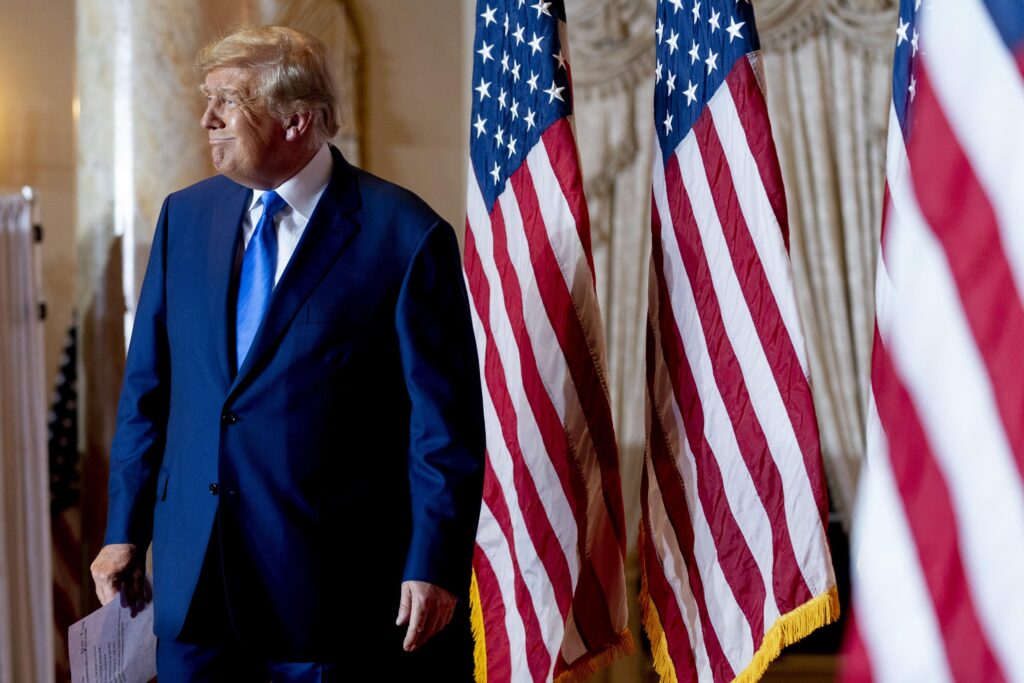Washington, D.C. In an effort to avoid being subpoenaed to appear, former president Donald Trump is suing the House committee looking into the attack on the U.S. Capitol on January 6.
The suit contends that, while former presidents have voluntarily agreed to provide testimony or documents in response to congressional subpoenas in the past, “no president or former president has ever been compelled to do so.
Trump’s lawyer David A. Warrington issued a statement announcing his client’s plans, saying, “Long-held precedent and practise maintain that separation of powers prohibits Congress from compelling a President to testify before it.
The panel, he claimed, “insists on pursuing a political path, leaving President Trump with no choice but to involve the third branch, the judicial branch, in this dispute between the executive and legislative branches,” despite the fact that Trump had “engaged with the Committee in a good faith effort to resolve these concerns consistent with Executive Branch prerogatives and separation of powers.”
Given that the committee is anticipated to dissolve at the conclusion of the legislative session in January, the lawsuit probably puts an end to the possibility of Trump ever having to testify. A request for comment regarding the lawsuit received no immediate response from the committee.
During its final live hearing before the midterm elections, the committee decided to subpoena Trump; it did so formally last month and demanded testimony from the former president.
Members of the committee claim that Trump “personally orchestrated” a coordinated campaign to rig the 2020 election.
According to them, Trump must testify “beginning on or about” November 14 and continuing for several days if necessary, either in person at the Capitol or via videoconference.
The letter also outlined a broad request for documents, including private correspondence between Trump and lawmakers as well as radical organizations.
Trump’s lawyers argue in his lawsuit that the subpoena violates his First Amendment rights because it is overly broad. Additionally, they contend that Trump might not be the only source of the information they require.
The lawsuit comes as Trump is expected to launch a third campaign for president next week.
Associated Press writer Farnoush Amiri contributed to this report. The lawsuit was filed in the same court where other Trump attorneys were successful in getting a special master appointed to conduct an impartial review of documents the FBI seized during a search of Mar-a-Lago on August 8.
Trump files a lawsuit to evade a committee subpoena on January 6th.

